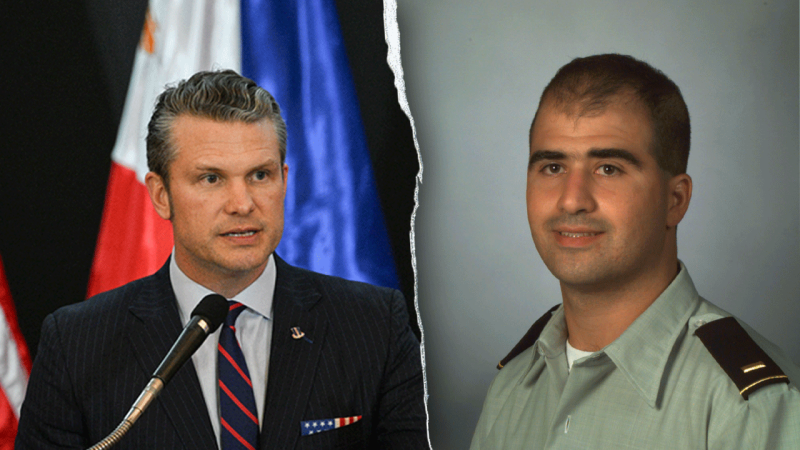
The Pentagon is reportedly preparing to make a momentous, and deeply controversial, request to President Donald Trump: authorize the execution of Nidal Hasan, the former Army psychiatrist convicted of the 2009 Fort Hood mass shooting. This would mark the first military execution in the United States in over sixty years, a decision with significant legal, ethical, and political ramifications.
The proposed execution follows Hasan’s conviction for the massacre that claimed the lives of 13 soldiers and injured dozens more. His trial was fraught with complexities, notably his seemingly deliberate attempt to act as his own lawyer, a strategy that some interpreted as a desire to avoid the death penalty. However, the gravity of his crimes, and the overwhelming evidence presented against him, ultimately led to his conviction and sentencing.
The decision to seek the President’s approval for this execution is far from simple. The military justice system, while possessing the authority to carry out capital punishment, has not done so in a considerable period. This lengthy hiatus raises questions about the practicality, fairness, and even the legality of resuming such a practice. Opponents of the execution will likely point to the length of time Hasan has spent on death row, arguing that it raises concerns about the fairness and potential for arbitrary application of the death penalty.
Furthermore, the potential for this decision to become a highly politicized issue is undeniable. With strong opinions on both sides of the capital punishment debate, the request to President Trump is sure to ignite intense public discussion and scrutiny. The timing, so close to a presidential election, only adds to the political volatility surrounding this sensitive matter.
The Pentagon’s request will undoubtedly face significant legal challenges, and the ensuing debate will likely delve into the intricacies of military law, ethical considerations surrounding capital punishment, and the broader implications for the US justice system. The coming weeks and months will be critical in determining the fate of Nidal Hasan, and in shaping the future of military justice in the United States.










